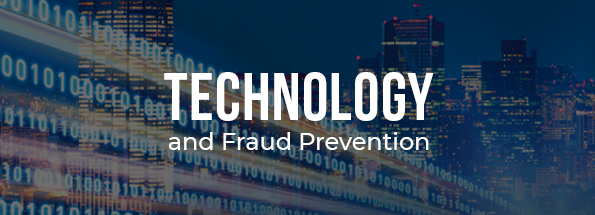In a historic display of unity, world leaders and tech titans convened in London on Monday for a summit dedicated to combating the ever-evolving threat of international fraud. Hosted at Lancaster House, the summit brought together representatives from governments, financial institutions, and major technology companies, all with a shared goal of crafting a comprehensive strategy to tackle this growing menace.
The urgency of the situation was palpable. Fraudulent activity, particularly cross-border financial scams, has seen a significant rise in recent years. As the digital landscape expands and financial transactions increasingly occur online, fraudsters have adapted their tactics, exploiting vulnerabilities in existing systems. This summit aimed to bridge the gap between policymakers and the tech industry, fostering collaboration to develop robust and unified anti-fraud measures.
Prime Minister Boris Johnson, in his opening address, highlighted the devastating impact of fraud. "Fraud not only robs individuals of their hard-earned money, but it also undermines trust in the global financial system," he remarked. "This summit signifies a crucial step towards a more secure future, where innovation and technology are harnessed to protect our citizens and economies."
Echoing the Prime Minister's sentiment, finance ministers from various nations emphasized the need for international cooperation. "Fraudulent actors don't respect borders," stated French Finance Minister Agnes Pannier-Runacher. "By working together, sharing information, and developing standardized protocols, we can create a global defense network that makes it much harder for criminals to operate."
Tech giants played a pivotal role at the summit. Representatives from companies like Amazon, Google, and Meta participated in panel discussions, outlining their efforts to combat fraud on their platforms. A key focus was data-driven security solutions, leveraging artificial intelligence and machine learning to identify and prevent fraudulent activities.
"Technology companies have a critical responsibility to provide a safe and secure online environment," declared Sundar Pichai, CEO of Alphabet Inc., Google's parent company. "We are committed to working alongside governments and financial institutions to develop cutting-edge solutions that stay ahead of the curve when it comes to fraud prevention."
However, concerns were raised regarding potential privacy implications of such data-driven solutions. Civil rights groups urged caution, emphasizing the need to strike a balance between security and individual liberties. "Effective anti-fraud measures must not come at the cost of our privacy," stated Maya Patel, a representative from a leading digital rights organization. "Transparency and accountability are paramount as we navigate this complex landscape."
The summit concluded with a pledge from all participants to work towards a more coordinated approach to combating fraud. Concrete action plans were outlined, including the creation of a task force dedicated to information sharing and the development of standardized protocols for international financial transactions.
While challenges remain, the summit marked a significant step forward. By uniting world leaders and tech giants in a common purpose, the fight against fraud has gained a powerful global alliance.

